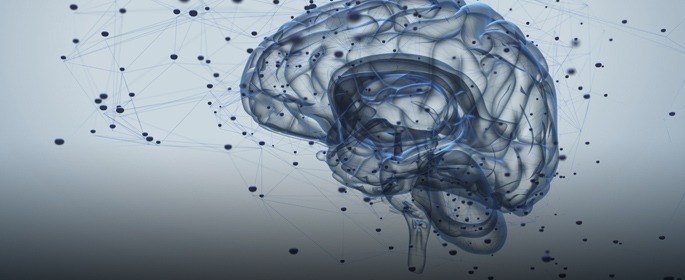A call to action: We need the right incentives to guide ethical innovation in neurotech and healthcare
 _______________
_______________
Ana Maiques, CEO and founder of neurotech company Neuroelectrics, writes up a compelling case in her recent article, summarized thus:
“I strongly believe that Neurotech entrepreneurs can not afford not to be involved in neuroethics. It is simply not an option anymore.”
I share that belief and would like to take it one step further:
“I strongly believe that healthcare practitioners, researchers, executives and regulators can not afford not to be involved in neuroethics. It is simply not an option anymore.”
Having spent 10+ years tracking and analyzing the growing industry of digital brain/ mental health and non-invasive neurotechnologies, let me share why I believe so, and why we will need to set incentives right.
Timely conversation to have
Only ten years ago, neurotech largely remained the domain of research centers and high-end medical centers. Today, the industry is touching millions of practitioners, patients and consumers worldwide, thanks to an explosion of low-cost, non-invasive and eminently scalable technologies that can be used to assess and/ or to improve brain and mental health.
At the recent 2019 SharpBrains Virtual Summit, which I helped produce from May 7th to the 9th, Dr. Tom Insel –former Director of the National Institute for Mental Health (NIMH) turned Google executive turned entrepreneur– surveyed the ongoing revolution in digital biomarkers and therapeutics and why it matters: While brain/ mental healthcare has failed so far behind other areas of health, probably due to the old axiom “you can’t manage what you can’t measure”, emerging neurological monitoring technologies can allow us to remedy that and help us identify problems early and intervene early.
Multiple other speakers during the Summit built upon Insel’s remarks sharing research, tech and examples. Start-up Sana Health won the 2019 Brainnovations Pitch Contest by presenting a novel combination of audio-visual stimulation and neurofeedback training to help alleviate chronic pain, while entrepreneurs, investors and researchers described the growing opportunities and risks brought forward by digital therapeutics and neuromodulation – the latter technology class, as described by Maiques in her piece, deserves significant attention as it could mean a non-invasive, non-pharmacologic treatment for a variety of conditions.
Anticipating risks, researchers Dr. Anna Wexler and Dr. Karen Rommelfanger joined industry insider Jacqueline Studer on a fascinating session about privacy and ethics, helping identify ethical problems and potential solutions. »Keep reading commentary To Be Involved in Neuroethics: A Must for Entrepreneurs and for Healthcare as a Whole (requires subscription to AJOB Neuroscience or purchase)
News in Context:
- Full special issue of AJOB Neuroscience on neurotech and ethics: Here
- New report: Empowering 8 Billion Minds via Ethical Development and Adoption of Neurotechnologies
- The National Health Service (NHS) in the UK considers adding a 5‑minute cognitive test to its annual health check-up
- CVS Health: Cognitive behavioral therapy (CBT) apps may help you more than sleeping pills
- First, do no harm? Common anticholinergic meds seen to increase dementia risk
- The FDA creates new Digital Health unit to reimagine regulatory paths in the age of scalable, AI-enhanced innovation
- Five reasons the future of brain enhancement is digital, pervasive and (hopefully) bright


